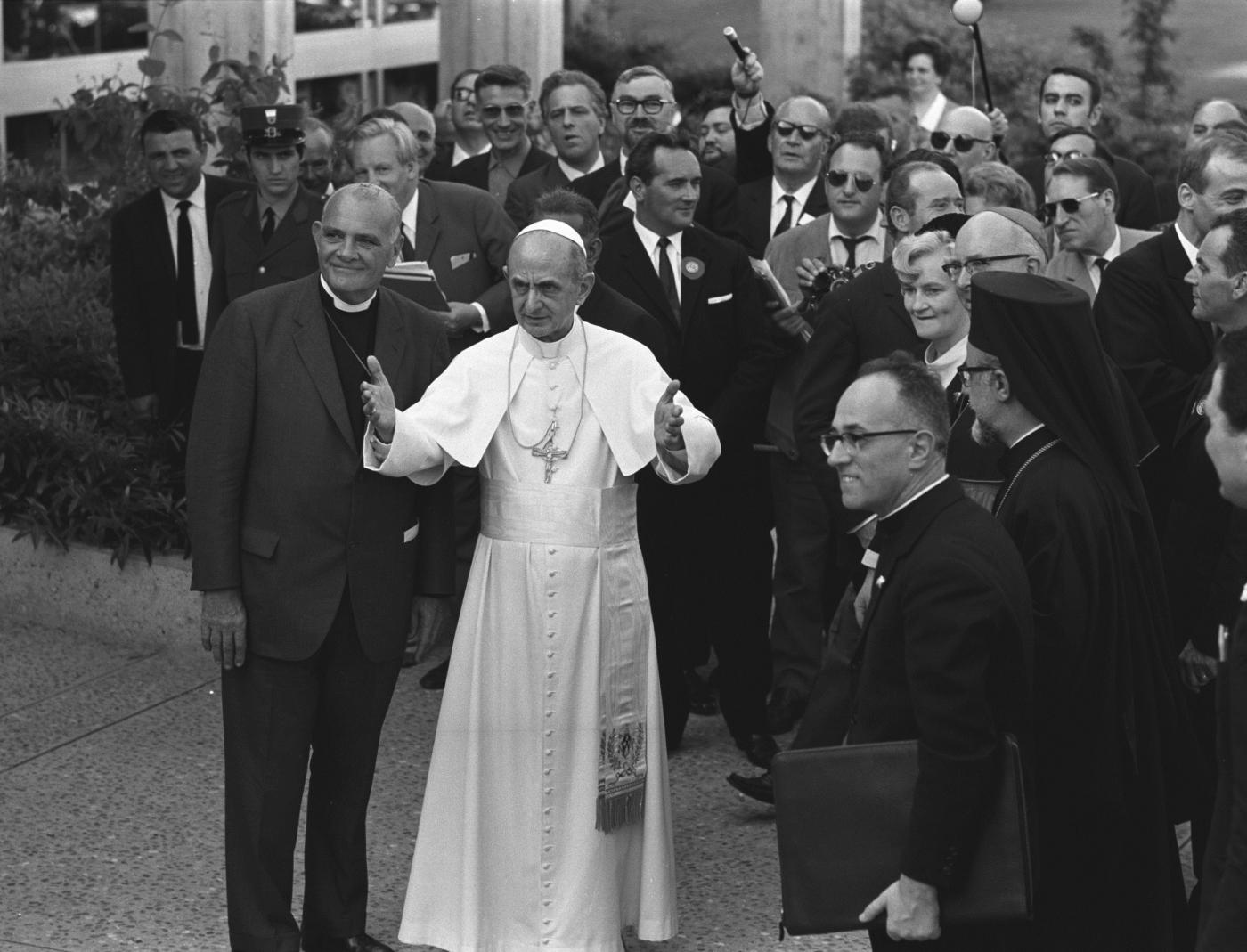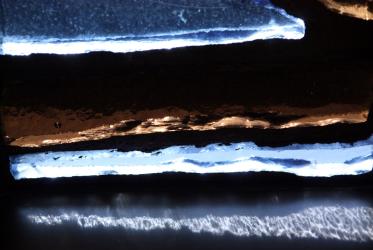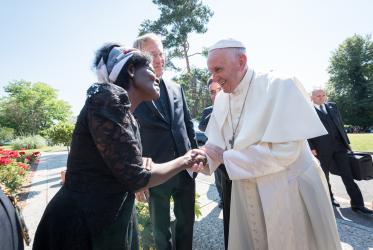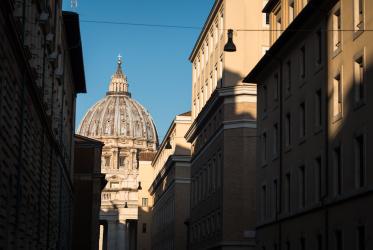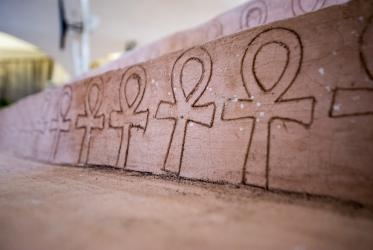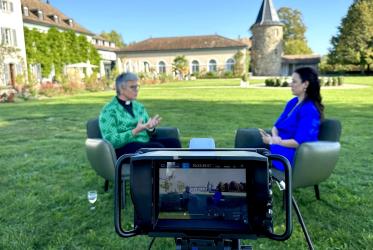*By Theodore A. Gill
During the week of 22 June 2015, the 50th anniversary of the Joint Working Group (JWG) between the Roman Catholic Church and the World Council of Churches (WCC) will be celebrated by church leaders. A public event to mark the anniversary will be held at the Centro Pro Unione in Rome, Italy on 23 June.
One of the ecumenical legacies of improved relations among churches growing from the Second Vatican Council, the JWG has been instrumental since 1965 in coordinating activities of the WCC, its member churches, related ecumenical bodies and the Catholic commissions and councils engaged in theological discourse and common action throughout the world.
The working group has met regularly over the past half-century and has published reports of its activities. The JWG is co-moderated by Metropolitan and Archbishop Nifon of Targoviste from the Romanian Orthodox Church, a member of the WCC central and executive committees, and Archbishop Diarmuid Martin of the Catholic Church.
Over the past 50 years, Roman Catholics have become full members of the Faith and Order Commission coordinated by the WCC, provided staff in the WCC areas of evangelization and theological education and sent observer delegations to participate in WCC assemblies and other major conferences. Reciprocal arrangements have been implemented, with active Orthodox and Protestant participation in Catholic forums.
From 1968 through 1983, the WCC and Roman Catholic Church experimented with common social policies and service ministries within a commission on society, development and peace (SODEPAX). In 2011, the WCC, Roman Catholic Pontifical Council on Inter-religious Dialogue and the World Evangelical Alliance jointly published landmark recommendations on the writing of churches’ guidelines on mission and evangelization, Christian Witness in a Multi-Religious World.
Father William Henn, a Franciscan Capuchin friar and theologian who serves as professor of ecclesiology and ecumenism at the Gregorian University in Rome, has been reflecting on the JWG. Attending a meeting of the Faith and Order Commission of the WCC in Caraiman, Romania, where he was elected the commission’s Catholic vice-moderator for 2015-2020, Dr Henn shared his thoughts with WCC News.
“Historically,” said Henn, “the Joint Working Group between the World Council of Churches and the Roman Catholic Church is very important as a provisional means for these two entities, with each appreciating the great importance of the other.”
The purpose of the JWG in its earliest years, he explained, was to help Roman Catholics and the WCC “to establish ongoing relations at a time when neither knew what form or structure that relationship should take. After carefully exploring the pros and cons of various possible ways of interaction, the JWG transformed itself into an effective means for maintaining ongoing, dynamic and multidimensional collaboration between the two parent bodies, fostering their fruitful cooperation at many levels.”
Henn continued, “One of the surprising positive developments of the JWG has been its decision to produce study documents on various themes that are pertinent to theological dialogue and to the ongoing process of ecumenical advance. Valuable study documents on such theological themes as apostolicity, the church local and universal, the mutual recognition of baptism and ecumenical dialogue on moral issues have enriched the results of other dialogues, for example. These documents have been quoted in recent Faith and Order statements on Baptism, and in The Church: Towards a Common Vision.”
“Other JWG texts on issues such as reception, ecumenical formation and participation in National Councils of Churches have contributed to the important work of institutional or practical ecumenism,” he added.
The general secretary of the WCC, Rev. Dr Olav Fykse Tveit, in Romania for the opening of the Faith and Order Commission, looked forward to the JWG anniversary commemoration in Rome. Beyond this, he pondered the future of the ecumenical movement.
Recalling historic developments within world Christianity in 1965, Tveit reflected, “The fruits of this era in ecumenical relationships are now in our hands. It is our responsibility to foster relationships between the Roman Catholic Church and the fellowship of WCC member churches.”
In this continuing collaboration, he continued, “we are working for the visible unity of the Church in response to Jesus’ prayer that ‘they all may be one so that the world may believe’. We have to confess that too many divisions still exist among Christians; these are a scandal and may become fatal for people under the threat of economic greed, hatred, violence, war and environmental collapse. The unity agenda of the JWG remains at the heart of our effort for common witness and all of our contributions to establish justice and peace for people and creation.”
(*) Theodore Gill is senior editor of WCC Publications in Geneva and a minister ordained by the Presbyterian Church (U.S.A.).
More information on cooperation between the WCC and the Vatican
